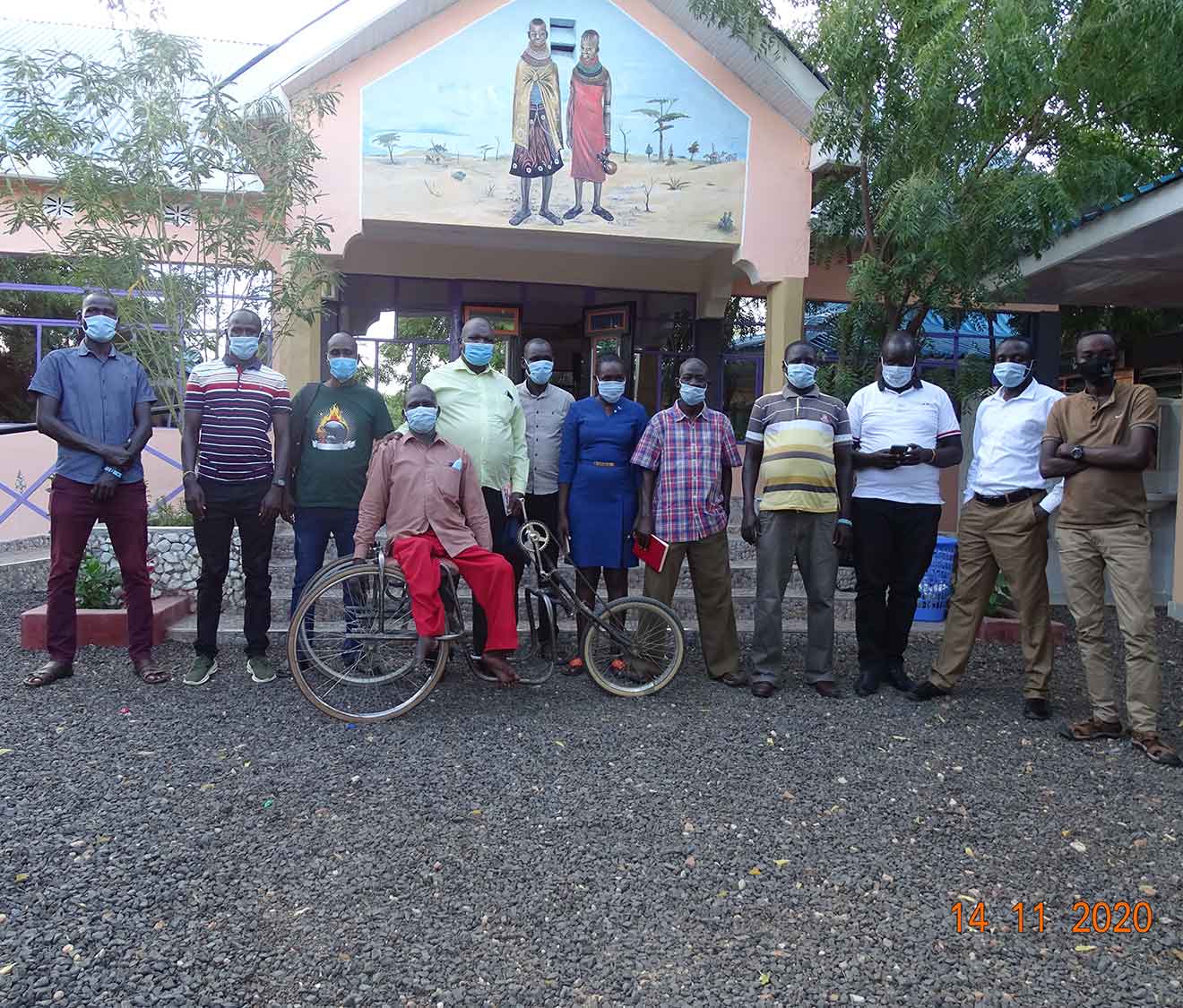Peace Building & Conflict Mitigation
- Home
- Sector Areas

Sector areas
Blur Text
The organization in partnership with cross-border partners from Uganda, South Sudan and Ethiopia accord communities on both sides of the border opportunities for better co-operation, close coordination, peaceful coexistence and bridge isolation gaps to improve their livelihood and socio-economic conditions for sustainable peace and development. Our approach is guided by the fact that Peacebuilding requires a multi-stakeholder approach. Therefore, participation of conflict-affected communities, inclusive of different groups, e.g. elders, women and youth, is vital to address their needs and ensure ownership. Specific objectives of the programming include: increasing inter-ethnic interaction, collaboration and movement; reduction of tensions and resource based conflicts; eliminating illegal flow of small-arms and light weapons; empowering local and county governments; strengthening peace building, community resilience and conflict prevention; increasing cross border trade and investment; improving disease surveillance and natural resource management; improving livelihoods, food security and nutrition; improving infrastructure and cross border coordination; among others.
By directly engaging conflict-affected communities and strengthening policy frameworks the action will help prevent and manage conflict in the short-term and contribute to sustainable peace, while protecting community rights. The action goal has been to build horizontal relationships within and between communities, institutionalize these through participatory peace committees as alternative dispute management and resolution systems. The target has been to include women and youth in participation, especially the decision-making processes of the peace building and security frameworks, to empower them and ensure agreements are inclusive and sustainable. By building vertical relationships between communities, CSOs, county and national government and the private sector the action has advanced engagement and cooperation among stakeholders to ensure policies support locally-owned approaches. The action continues to strengthen the capacity of informal community structures by working with and through local community-based organisations and community groups and building their knowledge, skills and relationships to address conflict, land and Natural Resource Management issues. To date, TUPADO has facilitated formation of peace committees, facilitation of cross border peace meetings, Leaders meetings, conducting rapid response to conflicts, early warning mechanism, carrying trauma healing processes, training of the peace committees, development of peace campaign and education materials, Gender mainstreaming into peace initiatives.